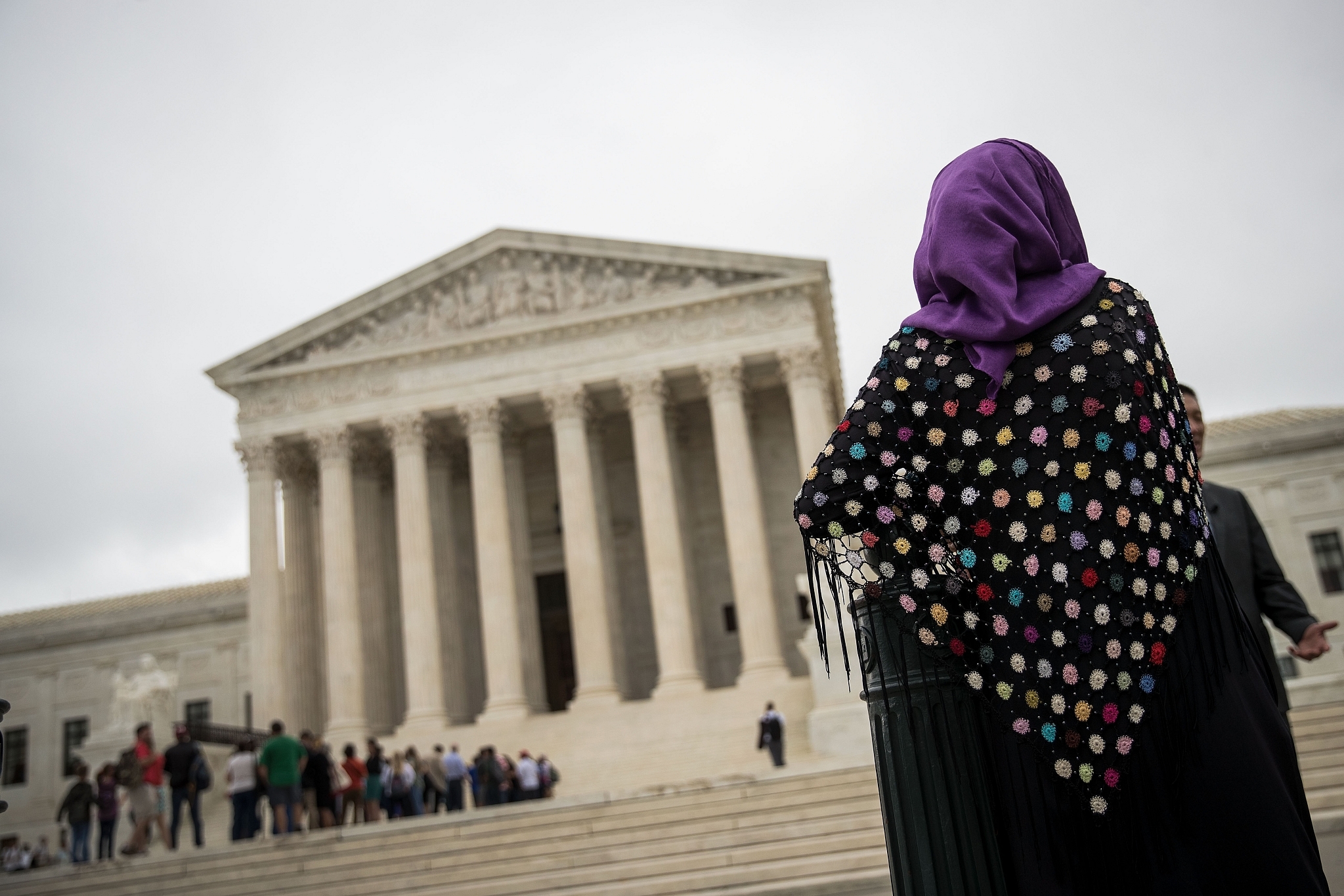
United States Supreme Court Upholds Trump Travel Ban
"In this era of worldwide terrorism and extremist movements bent on harming innocent civilians, we must properly vet those coming into our country.” With this backdrop sentiment, the Trump administration had been making several attempts to impose a travel ban on migrants from certain countries, but the legal system kept setting it back.
This time around, however, the President has emerged victorious: a Supreme Court ruling has upheld his travel ban which covers people from several Muslim-majority countries. Trump has hailed the Supreme Court ruling and said the decision was a "great victory" for the nation and constitution.
The travel ban prevents most immigrants, refugees and visa holders from five Muslim-majority countries - Iran, Libya, Somalia, Syria and Yemen - as well as North Korea and Venezuela, from entering the US. However, it does allow for waivers on a case-by-case basis.
The ban has been in place since December, when the Supreme Court ruled that it could go into full effect, pending legal challenges. Lower courts had earlier deemed the ban unconstitutional, but the US top court reversed the decision in a 5-4 conservative majority ruling.
"We have to be tough and we have to be safe and we have to be secure," the Republican president said in Tuesday's meeting with lawmakers, and added that “the ruling shows that all the attacks from the media and the Democrat politicians were wrong, and they turned out to be very wrong,"
At a White House meeting, Trump said, “If you look at the European Union, they're meeting right now to toughen up their immigration policies because they've been over-run, they've been over-run. And frankly, a lot of those countries are not the same places anymore.”
The travel ban has, of course, been widely criticised by refugee and human rights groups. Dissenting Justices also argued that the court had failed to uphold the religious liberty guaranteed by the first amendment of the US constitution, and alleged that the “(shutdown-of-Muslims-entering-the-US) policy now masquerades behind a facade of national-security concerns”